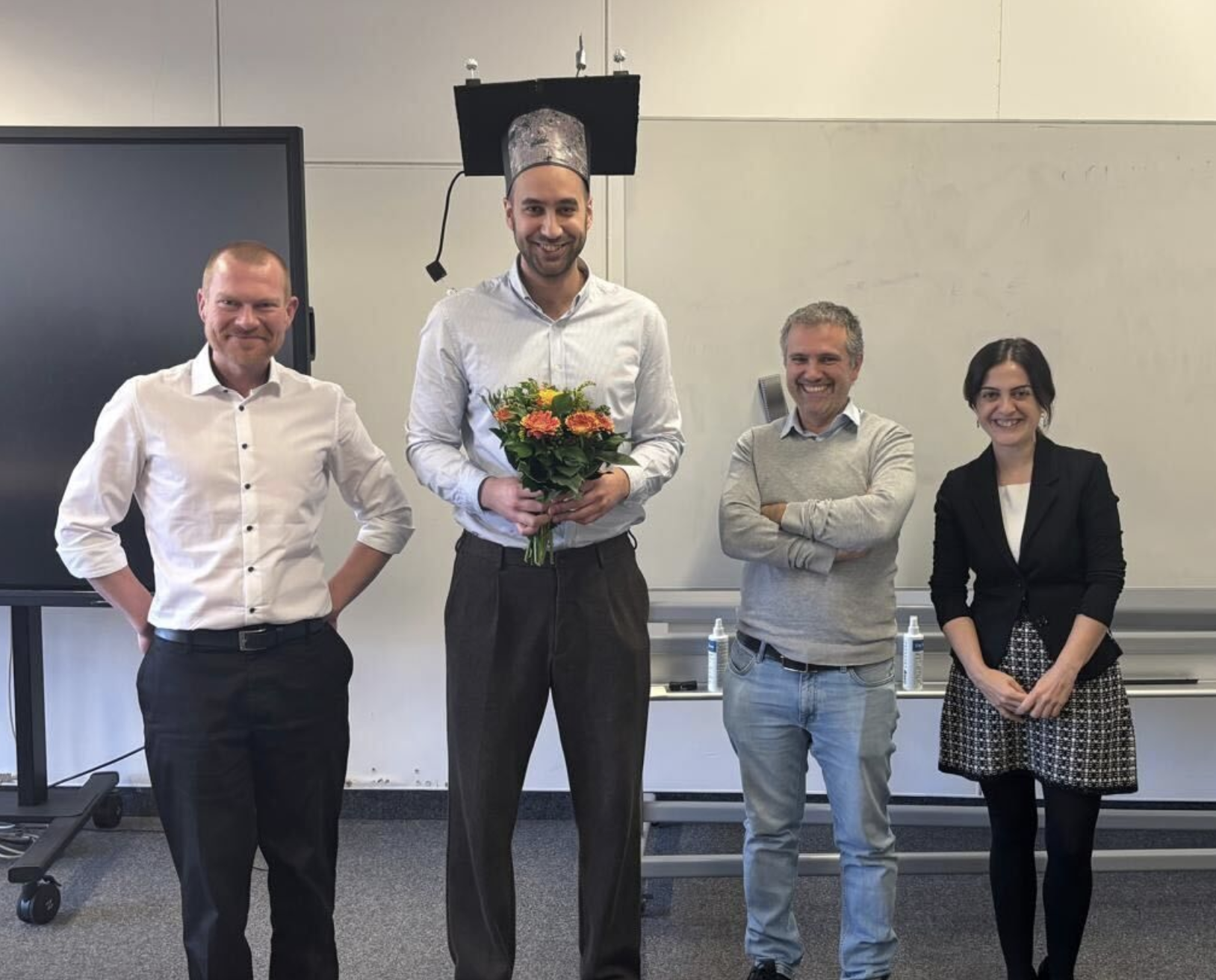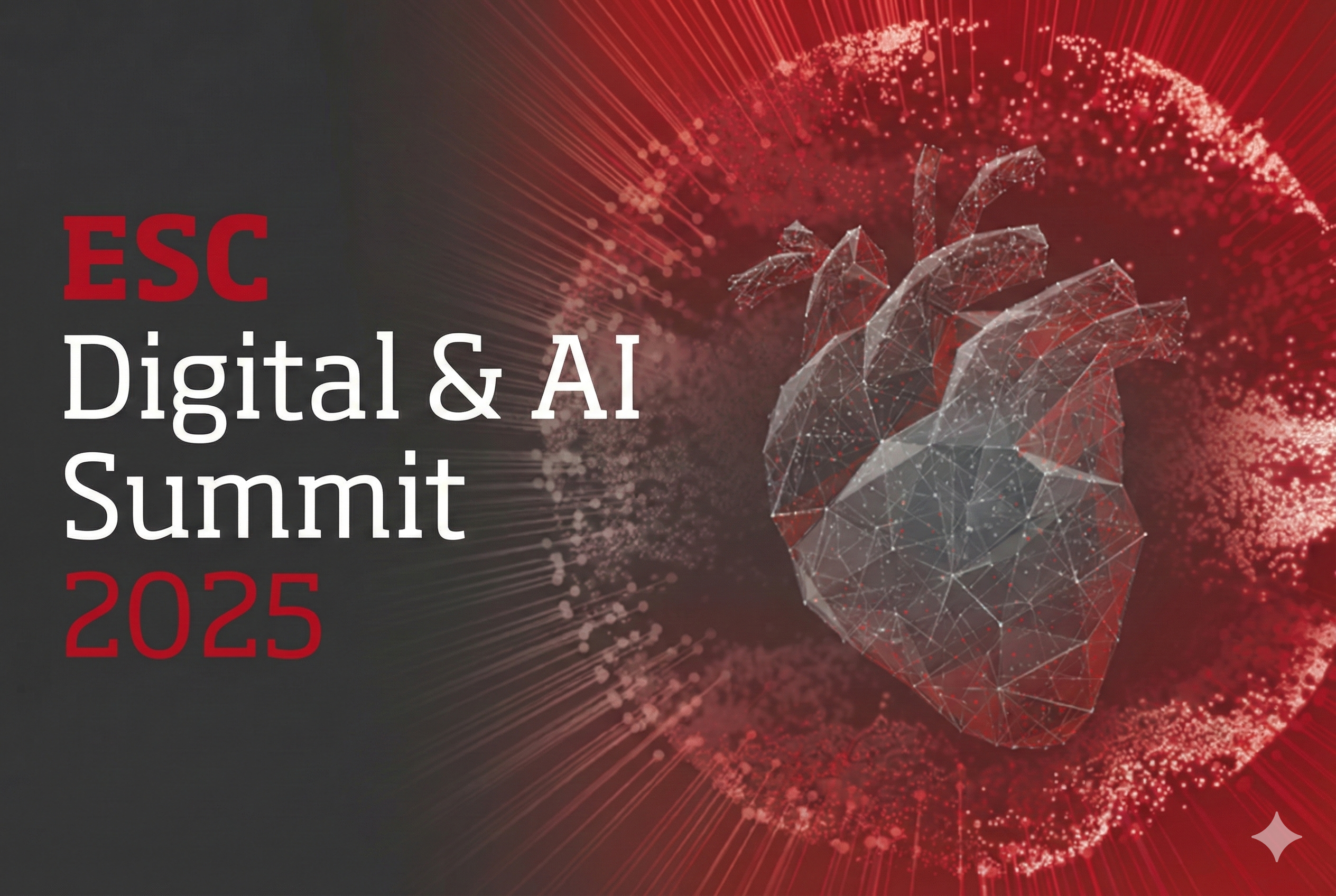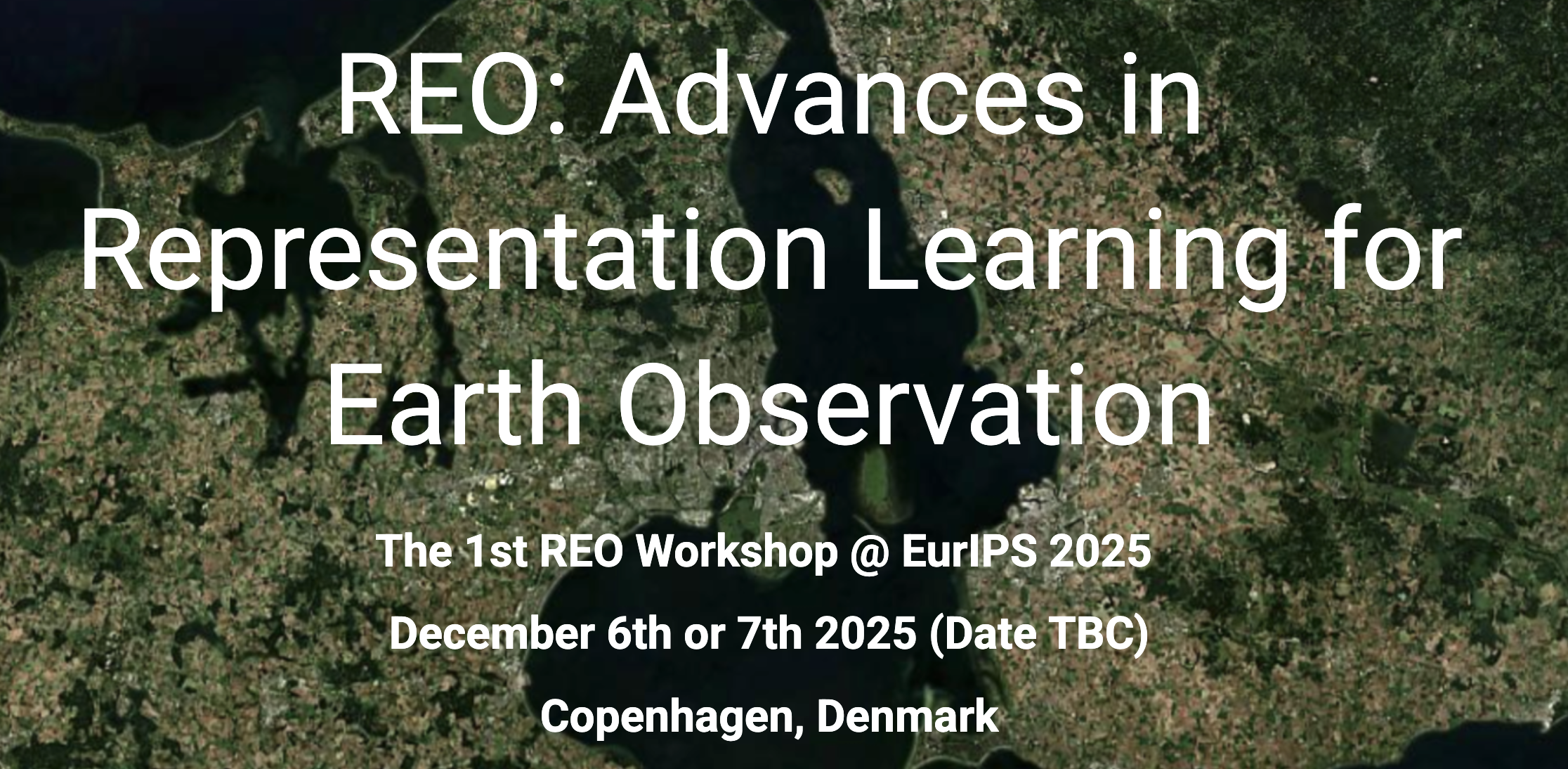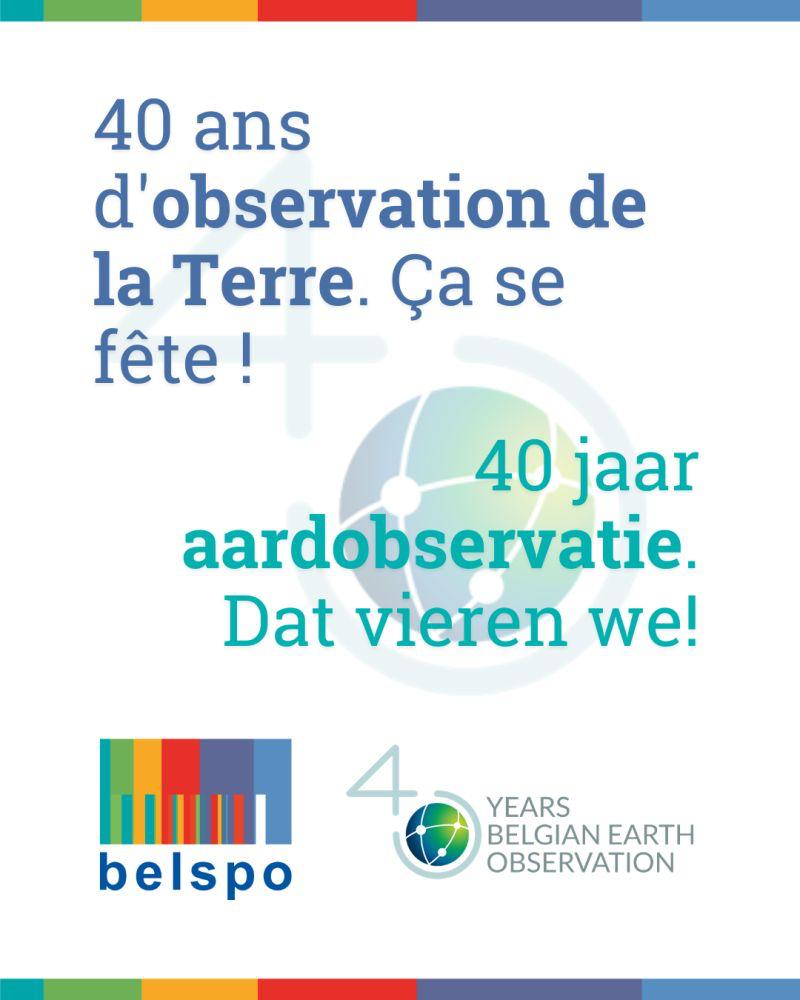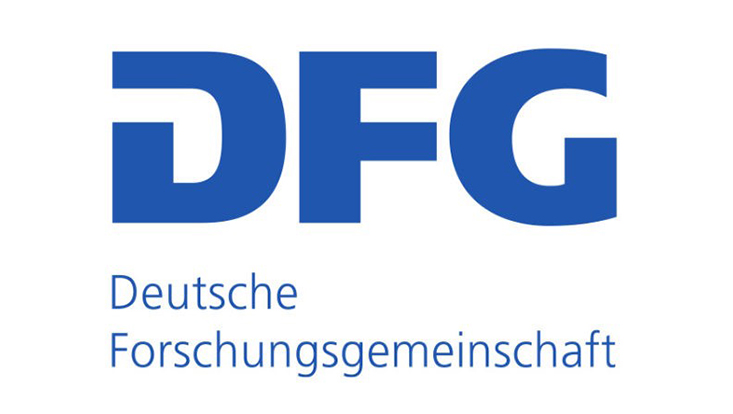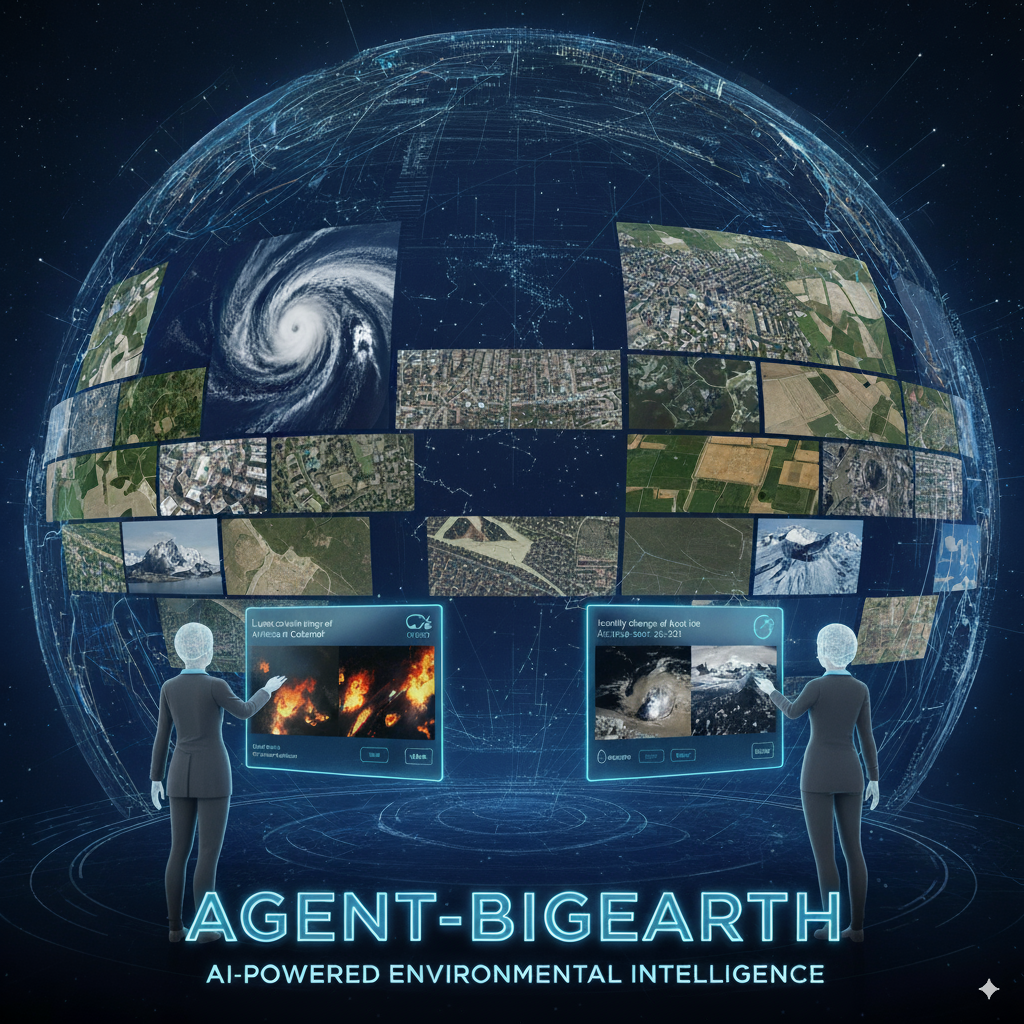
-
2026-01-27
A new ERC Proof of Concept Grant
Prof. Dr. Demir has been awarded the Proof of Concept (PoC) Grant by the European Research Council (ERC) for her project: Agent-BigEarth: An AI Agent to Support Environmental Intelligence by Interacting with Copernicus Earth Observation Data. For details, please click here.

